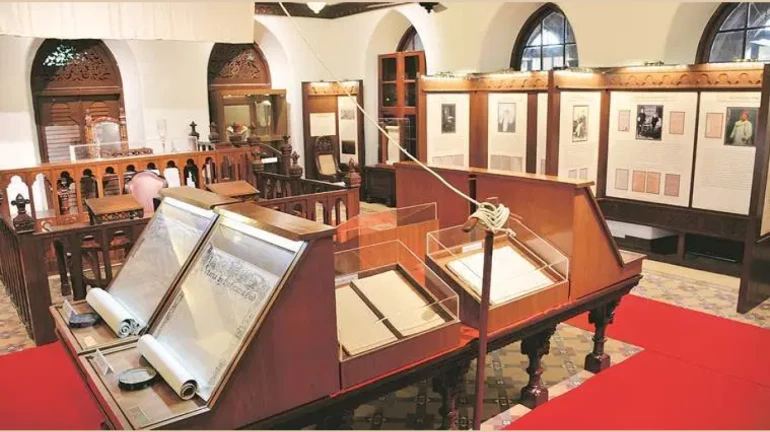
The Bombay High Court has ordered the demolition of seven out of the eight floors of the Shivanjali Co-operative Housing Society in Khar West, stating that the construction of these floors was unauthorized and illegal. The ruling also imposed a fine on one of the residents for allegedly misleading the court during the legal proceedings.
Unauthorized Construction
Court documents indicated that the original commencement certificate (CC), issued in May 1993, only approved the construction of a single floor in the building. Despite this, developers AG Developers and Rao & Associates went ahead with constructing a basement, a ground floor, and eight upper floors—far exceeding the approved structure. A bench led by Justices MS Sonak and Kamal Khata found that the floors beyond the first level, including parts of the basement and ground floor, had been constructed illegally. The court described the entire construction as a blatant violation of rules.
Legal Challenge to BMC Notice
Rafique Kabani, a resident of the eighth floor, was fined Rs 50,000 by the court for allegedly misleading the judiciary. Kabani had obtained an interim stay on a demolition notice by selectively presenting information to the court. The stay had temporarily halted the demolition ordered by the Brihanmumbai Municipal Corporation (BMC) in June 2018. Kabani had challenged the BMC’s 2018 demolition order, arguing that a show-cause notice issued in September 2017 only highlighted six irregularities. Kabani's lawyer, Bhushan Joshi, contended that the demolition of seven floors, not mentioned in the original notice, amounted to a breach of natural justice. The High Court had earlier granted a temporary stay, preventing the BMC from proceeding with the demolition.
Illegal Construction Without Permits
In response, BMC counsel Rajshekhar Govilkar stated that the building had approvals for only the ground and first floors. The developers, however, had unlawfully constructed additional floors and allowed society members to occupy them without obtaining critical permissions, including fire clearance and occupancy certificates. Govilkar further noted that the authorities had rejected multiple applications from the society to regularize these illegal floors. The court requested the society, which supported Kabani's petition, to submit documentation proving that the necessary approvals had been obtained for the extended construction. However, no such evidence was provided. The High Court remarked that if proper permissions existed, they would have been the first documents presented in court.
The High Court has directed the BMC to carry out the demolition of the illegal floors within the next three months, with a compliance report to be submitted by January 6, 2025. In its ruling, the court emphasized that regularizing unlawful constructions should only be considered in exceptional cases and not when regulations have been blatantly violated.





